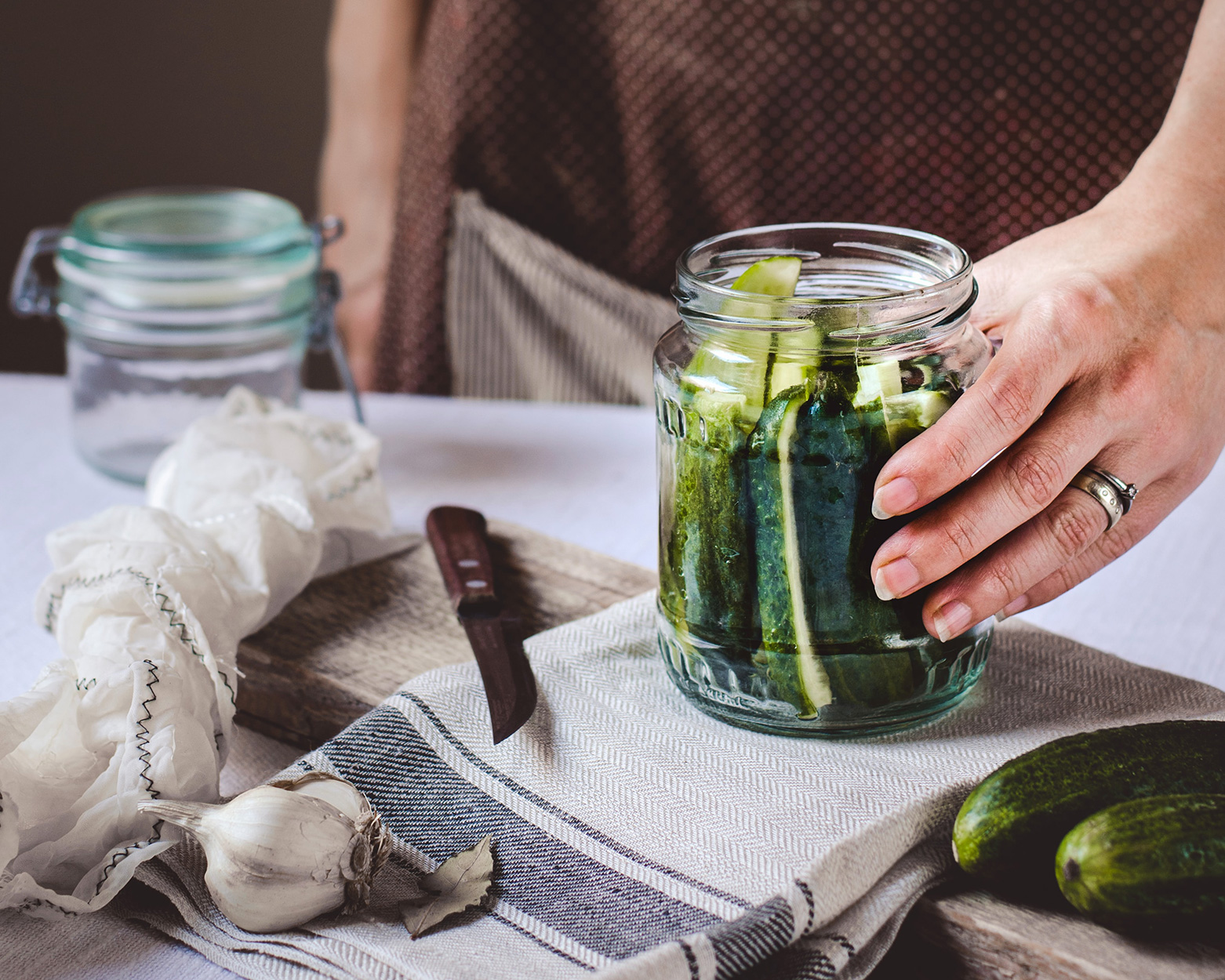Top Tips for Sustainability with Food
A little while ago we ran a competition and asked you for your top sustainability tips. We were blown away by how many of you entered and by the variety of your ideas, which covered everything from sustainable fashion and organic growing to waste reduction and upcycling tips.
But the subject at the top of most peoples’ minds was: how to be more sustainable with food. We decided to compile some of our favourite tips here to help anyone who wants to start making more sustainable changes to their lifestyle.
We hope you’ll find these ideas useful and don’t forget to share them with your family and friends!
“Small acts, when multiplied by millions of people, can transform the world” — Howard Zinn

Make a Body Scrub from Coffee Grounds
You’ve just brewed your first cup of the day and those ground coffee beans are all used up and good for nothing, right? Wrong! Don’t throw those grounds in the bin — save them up to create your own homemade coffee body scrub. All you need is 1 cup of used coffee grounds, 6 tablespoons of coconut oil, 3 tablespoons of sea salt or sugar and an empty jar. Mix all the ingredients together and store in an airtight jar until you need it. Any surplus coffee grounds can be used to make body scrub gifts or be added to the compost heap.
This tip was inspired by Brooke and Tash.
Create a Produce Barter System
Do you grow potatoes? Do your friends grow tomatoes and carrots? Create a barter system with family and friends and share your homegrown produce around. Waste not, want not!
This tip was inspired by Tracey and Sally.
Cook Vegetable Stock from Veggie Scraps
Did you know that you can use vegetable scraps to make delicious and nutritious vegetable stock? That’s right, hold on to the ends of your tomatoes, those potato and carrot peels, and definitely don’t throw out the leafy stalks of your celery! All you need to do is save up these veggie scraps in a reusable container in the freezer until you have 4-5 cups worth. Then pop them in a pot, cover them with water, add any herbs or spices you like and boil away! In approximately 1 hour, you’ll have a flavoursome stock to use in tasty stews, risotto and much more!
This tip was inspired by Michelle.

Use Kitchen Scraps as Feed for Chickens
Keep your food scraps to feed to your chickens! Chickens will enjoy snacking on leftover bread (in moderation), cooked meats (cut up into small pieces), corn (raw or cooked), fruit (including watermelon rinds), grains, oatmeal and vegetables (cooked or raw) including broccoli, carrots, cabbage, chard, cucumbers, kale, lettuce, pumpkins, spinach, squash, sweet potatoes, and tomatoes.
This tip was inspired by Elouise, Anita, Rachel, Paris, Candice, Carly and Jess.
Start a Home Compost
The benefits of composting are two-fold. First, it prevents kitchen food scraps from ending up in landfill where they’ll decompose and release harmful methane into the atmosphere. Second, it will give your plants continual nutrients, which will help your garden thrive. Read more of our top organic gardening tips or join our Organic Gardening Facebook Group to learn more.
Composting (Apartment-living)
When it comes to apartment living, composting can feel completely out of reach but sometimes the solution is just around your corner — especially if you’re lucky enough to have a community garden in your neighbourhood. Save up your food scraps (try reusing large yoghurt tubs or empty food jars as scrap bins), and once or twice a week, empty them at your local community garden for composting.
This tip was inspired by Yevon and Chelsea.
Plan Meals in Advance
Making a meal plan and creating a shopping list before hitting the stores helps you make sure you’re only buying what you need. If you only buy what you need, you’re less likely to find forgotten produce wasting away in the back of the fridge.
This tip was inspired by Ashleigh.
Grow Herb Plants from Stalks
Did you know that you can grow herbs with just a few stalks and some water? If the potted herb plant you got from the supermarket isn’t thriving like you’d hoped, just cut a few stems away to grow a new one. Cut a stalk with a few leaves at the top, place it in a jar with an inch of water and keep it away from direct sunlight. Change the water every couple of days and within two weeks, you’ll see some roots growing from the base. When more roots have grown, you can re-pot the new plant in soil.

Homemade Preserves
Preserving, jamming and bottling surplus produce is a tasty way to avoid food waste. Excess tomatoes can be used to make a delicious relish for sandwiches, leftover fruit can be turned into a variety of jams and forgotten cucumbers can become homemade pickles. Relishes, jams and pickles last ages when stored in the fridge! Give it a try with these two great pickle and jam recipes.
This tip was inspired by Tanya.
Buy Local Organics
Buying local, seasonal and organic can make a big difference. Organic produce is grown without harmful chemicals, which helps to keep soil healthy for future generations. Learn more about our impact and how buying Australian Organic Food Co. soups, juices and tomato passata can help to reduce the harmful environmental impact of conventional agriculture by improving soil health and preventing food waste.
This tip was inspired by Bisa, Marilyn, Tanya, Despina and is absolutely endorsed by us.
Store Food with Beeswax Wraps or Vegan Wraps
Cling film was once our go-to product to keep food fresh in the fridge but today there are more environmentally friendly options on the market. Skip the cling film and invest in reusable options like beeswax wraps or silicone lids.
This tip was inspired by Fiona, Sharyn, Kerry, Jean, Caitlyn and Elizabeth.
Do you have a food sustainability tip of your own that you’d like to share? Get in touch with us on Facebook or Instagram to let us know the ways you’re making a positive impact.